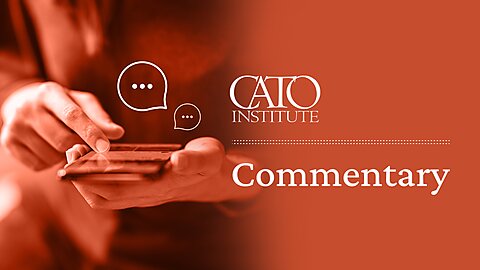Andrew Gillen
President Trump signed an executive order concerning accreditation in higher education yesterday that could be a game-changer.
For those of you who’ve never heard of accreditation, it is the quality assurance mechanism used to (attempt to) safeguard taxpayer funding in higher education. If a university wants its students to be able to receive Pell Grants or take out student loans, then it must get the approval of an accreditor. Accreditors themselves are quasi-private entities that evaluate colleges to maintain (in theory) a minimal level of quality.
Accreditation suffers from a host of problems. A recent paper of mine documents the biggest ones, which fall into three buckets: foundational (e.g., accreditors fail in their quality assurance role), public-choice (e.g., accreditors abuse their power as gatekeeper for taxpayer funding), and operational (e.g., accreditors focus on inputs and processes as opposed to outputs and outcomes).
The problem is that there isn’t a clearly better way to provide quality assurance in an environment with heavy taxpayer subsidies. The federal government taking over from accreditors would be terrible—it wouldn’t weed out low-quality colleges, it would reduce university autonomy and diversity, it would suppress innovation, and it would lead to the politicization of education. But the market wouldn’t work either since the available government subsidies in the form of Pell Grants and student loans so distort price signals and market discipline and feedback that it would result in even more wasteful government subsidization in higher education. There are ways to address this problem, including eliminating government financed student loans, but until then, we should fix accreditation.
Which brings us to Trump’s executive order. I see four promising aspects of the order.
Hold Accreditors Accountable When They Abuse Their Power
One of the problems with accreditation is that it allows accreditors to abuse their power by using the threat of cutting off taxpayer funding to force colleges to dance to the accreditor’s tune. For example, in the early 2000s, George Mason University’s Antonin Scalia Law School resisted racial preferences until the law school accreditor “threatened the institution with revocation of its accreditation on account of its alleged diversity problem.” This order could reduce this type of abuse of power by putting accreditors on notice that similar behavior could lead to termination of their recognition (only “recognized” accreditors have gatekeeping power over taxpayer funds).
Open the Door for New Accreditors
The Biden administration inexplicably ceased accepting new applications from potential new accreditors. This exacerbated the already shockingly low rate of entry of accreditors—there hasn’t been a single new one approved in 73 years that wasn’t severely restricted in which colleges it could accredit. The order ends this freeze, and it would be great news if it resulted in new accreditors being recognized.
Change the Way Accreditors Make Their Decisions
Institutional accreditors accredit entire universities, whereas programmatic accreditors accredit only within a specific academic field. Institutional accreditors paint with too broad a brush. A university could have a great physics department and a terrible chemistry department, so institutional accreditation either unjustly punishes the physics department or lets the chemistry department escape accountability. The order directs the Department of Education to encourage institutional accreditors to use program-level data, which is a long overdo step.
Experiment with New Accountability Systems
Perhaps the most exciting component of the order is the directive to experiment with a new voluntary accountability system. Done right, this could be used to prototype or even establish a better accountability system. For example, why not base a program’s eligibility for student loans on repayment rates of past students in the program? This could dramatically streamline reviews, while at the same time doing a better job of terminating eligibility for programs that destroy economic value.
Overall, whether this executive order results in anything good remains to be seen, but it lays out some promising paths.

